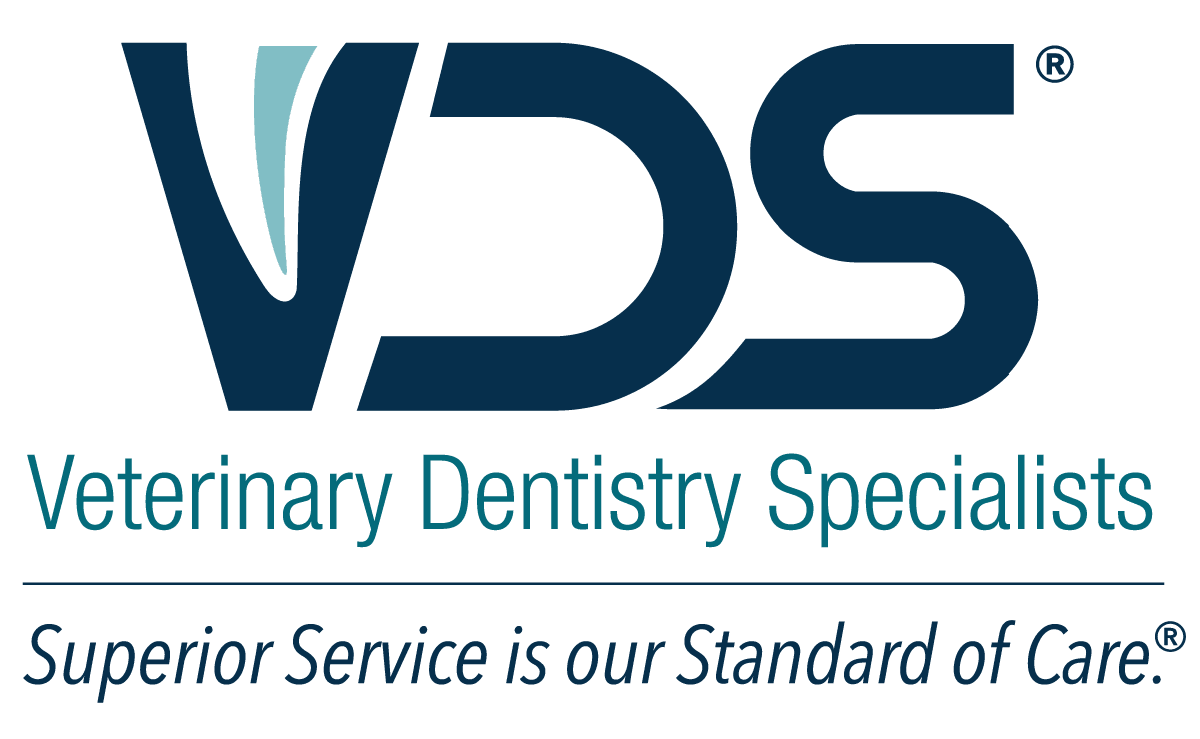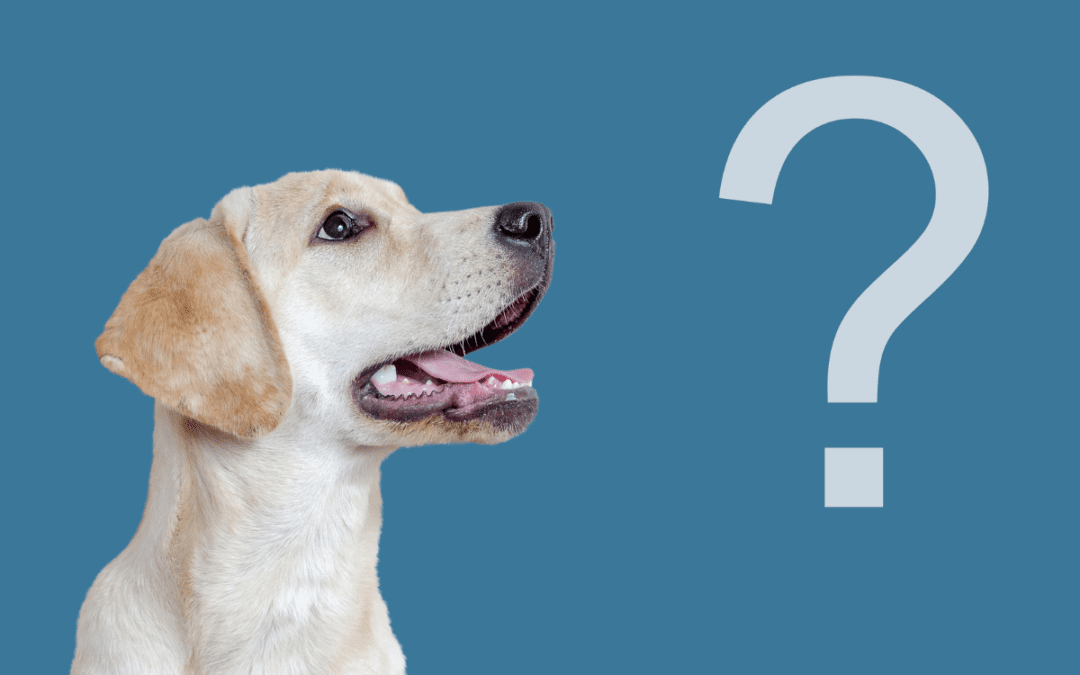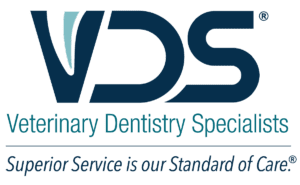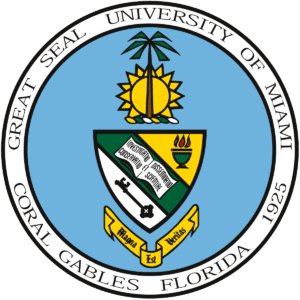All pets need veterinary dental care at some point during their lives. Depending on the level of dental care needed, your primary care veterinarian may recommend referral to a board-certified veterinary dentist™ (also referred to as a specialist) to ensure your pet is receiving the best care possible. A board-certified veterinary dentist works with your primary care veterinarian and the referring veterinary team to provide outstanding care. Understandably, you may have some questions about being referred to a specialist and the type of care they can provide. We hope to answer all of your questions and provide new insight into the importance of veterinary dental care below.
What is a board-certified veterinary dentist?
Many general practice veterinarians perform dentistry procedures, but a board-certified veterinary dentist has a practice that is limited to dentistry only. To be able to call themselves a board-certified veterinary dentist, a veterinarian must complete years of additional formal training after veterinary school in the field of veterinary dentistry and pass an extensive examination administered by the American Veterinary Dental College (AVDC) board. Only after completing these requirements does a veterinarian become a Diplomate of the American Veterinary Dental College, allowing them to call themselves a specialist. There are just under 200 board-certified veterinary dentists in the United States.
What does a board-certified veterinary dentist do?
A veterinary dental specialist can perform the same procedures as your primary care veterinarian, including dental cleanings, extractions, and full mouth radiographs. However, a specialist differs from your primary care veterinarian in that they can also perform more advanced procedures including full mouth extraction, root canal therapy, orthodontics, and oral surgery.
Why might my vet refer me to a veterinary dental specialist?
Your primary care veterinarian may refer you to a specialist if a more complex or complicated procedure is needed, if they don’t feel comfortable performing the procedure your pet needs, or if the treatment your pet needs requires equipment your primary care clinic doesn’t have available. At VDS, our advanced diagnostic capabilities, ability to provide advanced procedures, and highly trained anesthesia team make us the best choice for your pet’s veterinary dental care.
Advanced Diagnostic Capabilities
In addition to intra-oral radiographs (X-rays), which allow us to evaluate your pet’s teeth and jaw bones, we offer cone beam computed tomography (CBCT). Cone beam computed tomography is a variation of traditional computed tomography (CT scan) which captures images while rotating around the patient’s head. These images can then be reconstructed into a three-dimensional image, allowing us to fully evaluate your pet’s teeth, jaw, skull, and sinuses. The three-dimensional reconstruction gives us a more in-depth and accurate picture of the disease process and allows for a more thorough diagnosis than traditional X-rays, while still being minimally invasive. The CBCT images are reviewed by one of our board-certified veterinary dentists to determine the extent of disease or injury and to develop an appropriate treatment plan for your pet’s needs.
Advanced Procedures
The VDS team has the training and equipment necessary to perform advanced procedures that your primary care veterinarian may be unable to perform. In addition to cleaning the teeth to remove plaque and dental tartar, a veterinary dentist can perform single, multiple, or even full-mouth extractions. A veterinary dentist also performs endodontics, orthodontics, and tooth restoration procedures, which require training and equipment beyond that of the typical family veterinarian.
Board-Certified Veterinary Anesthesiologists
For your pet’s safety and comfort, veterinary dental procedures are carried out under general anesthesia. At VDS, anesthesia is provided by a board-certified veterinary anesthesiologist. Like a board-certified veterinary dentist, a board-certified veterinary anesthesiologist is a veterinarian who has completed years of additional formal training in the field of veterinary anesthesiology and has passed a rigorous certification examination administered by the American College of Veterinary Anesthesia and Analgesia (ACVAA). These highly trained experts minimize the risk of anesthesia for your pet by using the latest advancements in anesthetic drugs, monitoring equipment, and analgesic techniques. This is especially important for pets that may be at higher risk during anesthetic procedures, such as senior or geriatric patients or those with concurrent heart disease, liver disease, kidney disease, or other health concerns. There are approximately 270 board-certified veterinary anesthesiologists in the country.
A board-certified veterinary dentist is part of your veterinary team
The board-certified veterinary dentists and anesthesiologists at VDS work with your primary care veterinarian to ensure your pet receives the best comprehensive care possible. Together, we find solutions for your pet’s oral health needs regardless of their age or health status, so they can continue to have healthy smiles and fresh breath for life. To learn more about how we can help your pet, contact us today.






